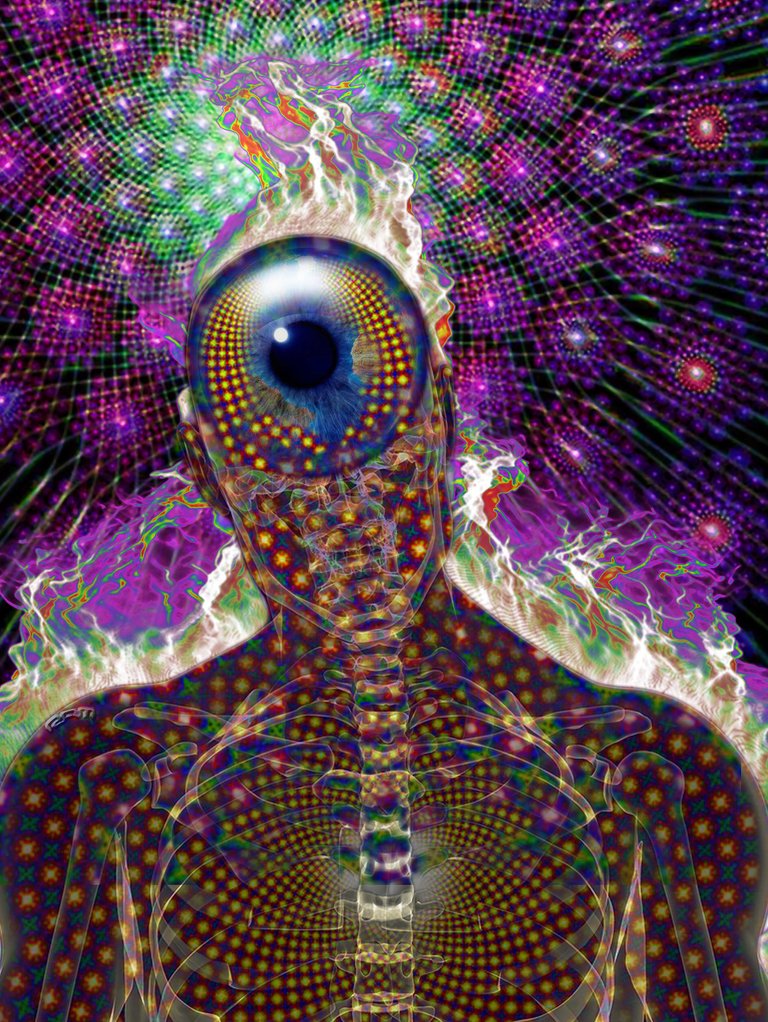
Many experts studying the topic of automation believe that the current rate of advancement is leading us into a future with fewer and fewer available jobs.
Maybe that’s a good thing.
In his 2013 essay, “On the Phenomenon of Bullshit Jobs,” David Graeber argued that in the wake of automation, we created employment for employment’s sake, not necessarily to fulfill any significant task or purpose. In 1930, John Maynard Keynes predicted that automation would create a 15-hour work week for everyone in Britain and the United States. Graeber argues that we failed to live up to this prediction, not because of a failure of automation, but because of the fear of the social effects that would occur when large numbers of people had large amounts of unstructured time.
In our current system, higher unemployment rates mean an unstable economy. We are constantly looking for ways to “put people back to work.” Oftentimes, however, the employment those people find is unsatisfying.
read more: http://singularityhub.com/2016/08/23/the-end-of-meaningless-jobs-will-unleash-the-worlds-creativity/
At some point it will be infinatly cheaper to buy a robot then to hire a human.
CEO of McDonalds said exactly that after they raised minimum pay in some places to 15 dollars. "I was at the National Restaurant Show yesterday and if you look at the robotic devices that are coming into the restaurant industry -- it’s cheaper to buy a $35,000 robotic arm than it is to hire an employee who’s inefficient making $15 an hour bagging French fries" http://www.foxbusiness.com/features/2016/05/24/fmr-mcdonalds-usa-ceo-35k-robots-cheaper-than-hiring-at-15-per-hour.html
I do believe this to be true. With fewer and fewer jobs available, the only way you can survive is to become more and more creative and unique.